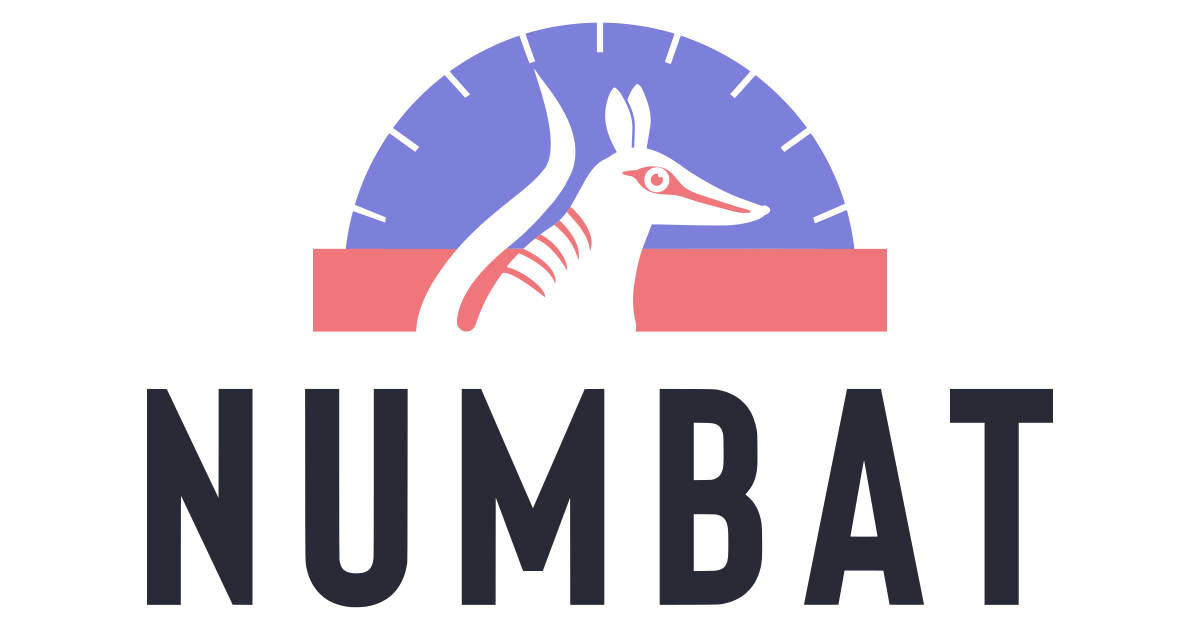bugsmith
- 11 Posts
- 51 Comments

 2·4 months ago
2·4 months agoI can totally see how it could be read like that!

 3·4 months ago
3·4 months agoFive-a-side is a specific format of football (soccer), aimed at more casual play with a much lower bar to skill level. Outside of five-a-side leagues (which do exist), it’s rarely played with fixed teams and often ran in a more “pick up group” fashion.

 19·4 months ago
19·4 months agoFive-a-side football (soccer). I’m not a sporty person, but started going with a local group a few years ago and have reaped the benefits of doing some intensive team exercise once per week. I go with a bunch of guys way older than I am, and it’s amazing how fit and healthy they are compared to the average person I meet of their age. I certainly plan to keep this up so long an injury doesn’t prevent me.
You know, I wish I could enjoy IRC - or chatrooms in general. But I just struggle with them. Forums and their ilk, I get. I check in on them and see what’s been posted since I last visited, and reply to anything that motivates me to do so. Perhaps I’ll even throw a post up myself once in a while.
But with IRC, Matrix, Discord, etc, I just feel like I only ever enter in the middle of an existing conversation. It’s fine on very small rooms where it’s almost analagous to a forum because there’s little enough conversation going on that it remains mostly asynchronous. But larger chatrooms are just a wall of flowing conversation that I struggle to keep up with, or find an entry point.
Anyway - to answer the actual question, I use something called “The Lounge” which I host on my VPS. I like it because it remains online even when I am not, so I can atleast view some of the history of any conversation I do stumble across when I go on IRC. I typically just use the web client that comes with it.
I really like Nushell. I would not run it as a daily driver currently, as it mostly doesn’t win me over from Fish, feature-wise, but I love having it available for anything CLI date pipeline work I need to do.
Love this. Always interesting to see novel ways of querying data in the terminal, and I agree that jq’s syntax is difficult to remember.
I actually prefer nu(shell) for this though. On the lobste.rs thread for this blog, a user shared this:
| get license.key -i | uniq --count | rename license This outputs the following: ╭───┬──────────────┬───────╮ │ # │ license │ count │ ├───┼──────────────┼───────┤ │ 0 │ bsd-3-clause │ 23 │ │ 1 │ apache-2.0 │ 5 │ │ 2 │ │ 2 │ ╰───┴──────────────┴───────╯
I like Konsole.
It comes with KDE, supports tabs, themes, and loads very fast.
I don’t really need more from a terminal than that. When I, rarely, need more advanced features like window splitting and session management I also use Zellij (previously I used tmux).
Another vote here for Fastmail. I also like Posteo, Mailbox and mxroute, but these are not as fully featured - which may be perfect for you if you’re after email only. What I really like about Fastmail is that on top of being a customer-focused business (rather than a customer is the product business), they offer a really snappy web interface with excellent search - and they are extremely compliant with email standards, building everything on JMAP.
I do not like Proton or Tutanota. I have used both, including using Proton as my main email account for the past two years. I do believe they are probably the best when it comes to encryption and privacy standards, but for me it’s at far too much cost. Encrypted email is almost pointless - the moment you email someone who isn’t using a Proton (or PGP encryption), then the encryption is lost. Or even if they just forward an email to someone outside your chain. I would argue that if you need to send a message to someone with enough sensitivity to require this level of encryption, email is the wrong choice of protocol.
For all that Proton offer, it results in broken email standard compliance, awful search capability and reliance on bridge software or being limited to their WebUI and apps. And it’s a shame, because I really like the company and their mission.
Honestly, for any large scale project in Python, Pydantic makes it bearable. We use Python heavily at work (and I’d argue we shouldn’t be for the projects we’re working on…), and Pydantic is the one library we’re using that I wouldn’t be without. Precisely because it allows us to inject some of these static typing concepts and keeps us honest, and our code understandable.
Yes! The concepts are intertwined. I think the key take away, for me, is to lean heavily into your type system and allow that to do some of the heavy lifting. Accept that something like a
usernameis not a string, but a subtype of a string (this has to be true if any validation is required, otherwise you’d just accept any valid string).
It’s one of my favourites. Something I revisit every couple of years.

 241·9 months ago
241·9 months agoA seemingly unpopular opinion, but Christian Bale’s Batman is my favourite live action version of the character.

 1·9 months ago
1·9 months agoThat one has been on my list for a while. Are you finding yourself able to easily apply what is taught to your day-to-day?

 8·9 months ago
8·9 months agoI have read a few of these books. As for non-fiction:
Pragmatic Programmer Excellent book; should be compulsory reading for all software developers.
The Phoenix Project Enjoyable enough. It’s a fictional story and has some extremely role-cast, trope filled characters. But its purpose is not to be a great novel. Its purpose is to teach the history of and purpose of how dev-ops came about. I think it’s worth reading. I’m yet to try the Unicorn Project which I understand is actually more about software.
Eloquent JavaScript I am not a huge fan of working with JavaScript or front end, but I did read this when I got placed on a long term project where I would be using it for the duration. I found this book excellent, and my JavaScript certainly benefitted from it.
I also read a bunch of the fictional books. Bobiverse is one of my favourite series ever, despite the weirdness of the fourth book (it was still good). I’m just over halfway through Children of Time, and seriously regret not picking it up sooner. Well kind of, if I had I suppose I wouldn’t be enjoying it so much now!

 4·9 months ago
4·9 months agoI believe the lower cable connects the two boards. The upper cable is for connecting to your device, so would only be connect to one of the boards when in use.

 3·9 months ago
3·9 months agoI use UK standard layout, and Apple UK for work. It always takes me a few minutes to switch between them, but both are absolutely fine for programming. Just the odd placement of
#that bothers me a little, but I tend to use that only for Python comments - which I tend to do more commonly from a keyboard shortcut anyway.

 17·11 months ago
17·11 months agoYes. I get the idea, because federating with them is the “negative” option, but honestly it’s just confusing and overly opinionated for an infographic.

 100·11 months ago
100·11 months agoI particularly enjoyed a recent company meeting that spent considerable time talking about the importance of flow state. It had an awkward pregnant pause when someone (usually very quiet) unmuted to ask, “is the policy to increase the number of days we must spend in our open-plan office kind of undermining this?”. Literally all of our directors just shifted on their seats hoping another would answer that.
Eventually, HR director stated “Not at all, that’s what headphones are for!”
Which was particularly delightful, as our tech director had only 20 minutes before stated how he would like to discourage people sitting in the office in silos with their headphones on.

 2·1 year ago
2·1 year agoThank you, that’s very kind of you - and I completely agree, healthcare works are so undercompensated for what they do, and yet so vital. I feel the least they deserve is a Christmas meal to celebrate the end of the year together.
I really appreciate your offer to contribute and share this on.






Totally agree. Like most “rules”, it just needs treating with nuance and context.